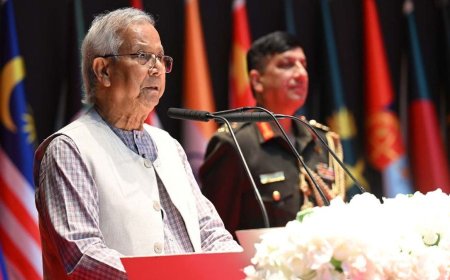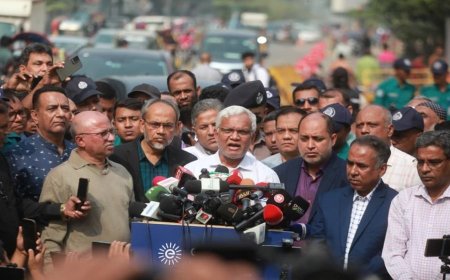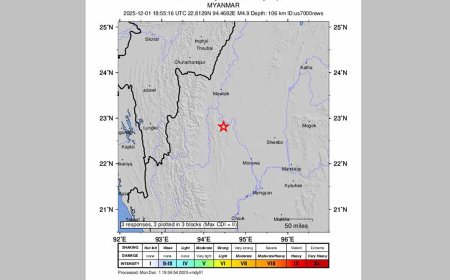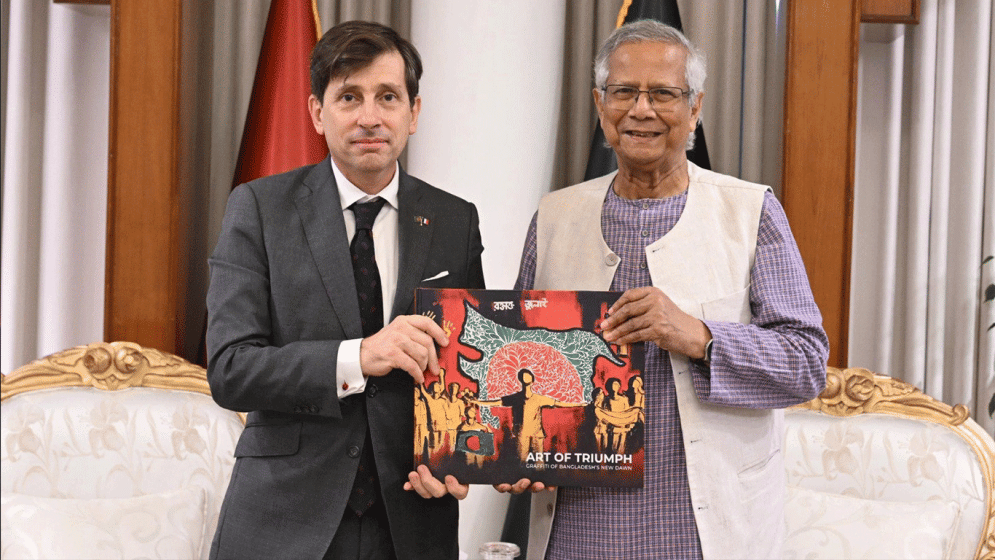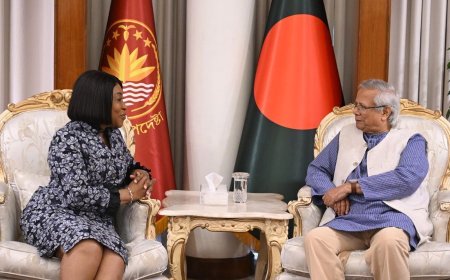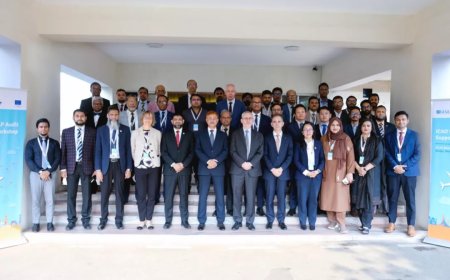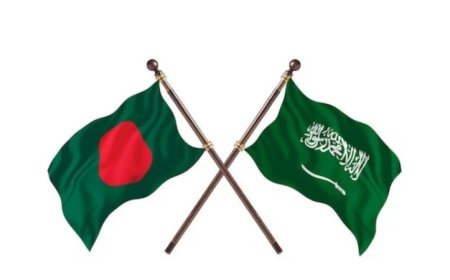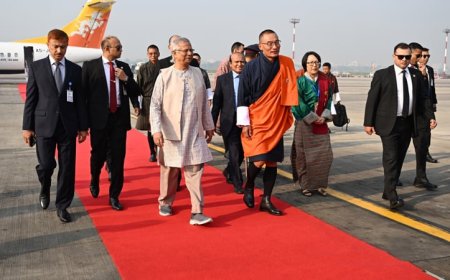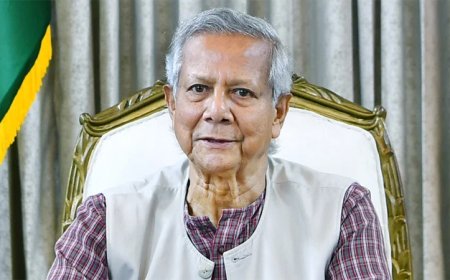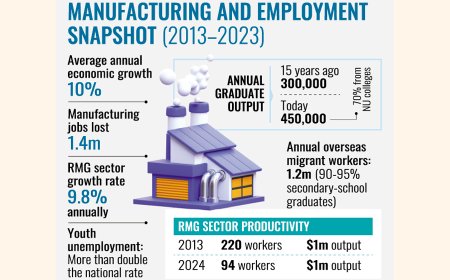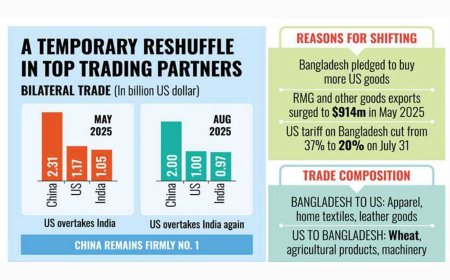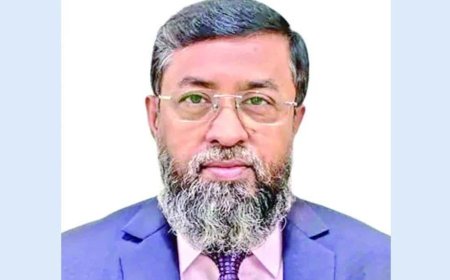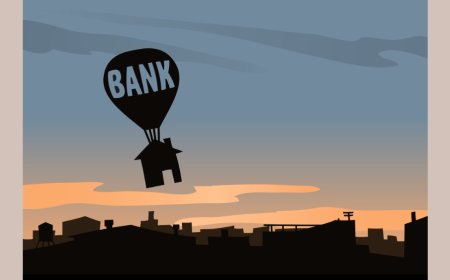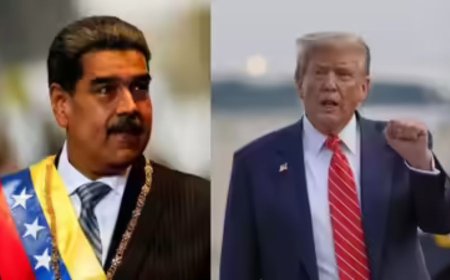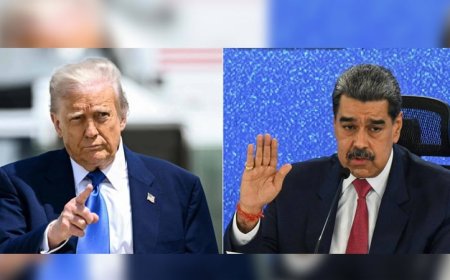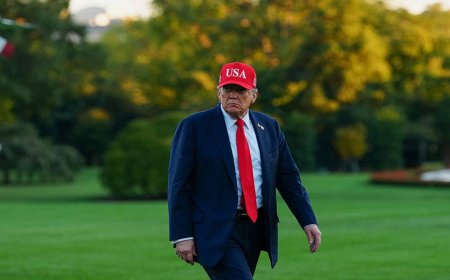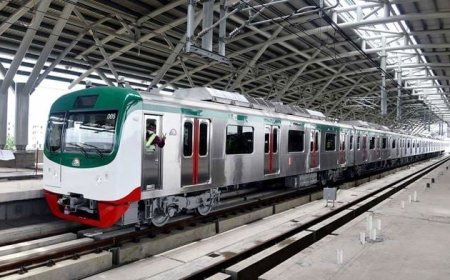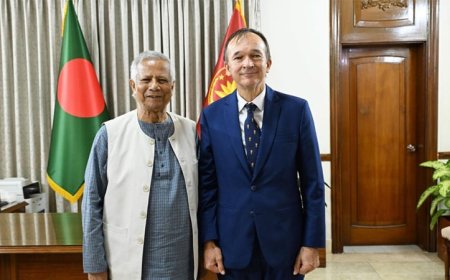The interim government balances calls for reforms with pressure to hold elections
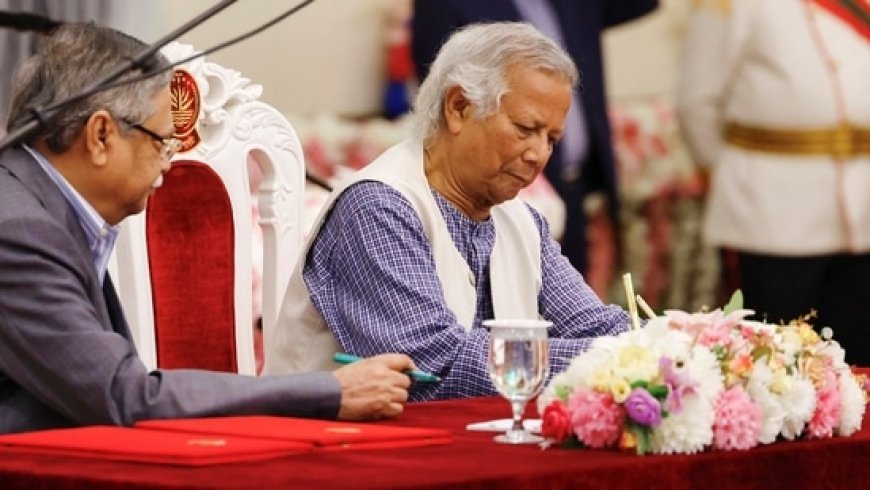
- Political parties and the government are at odds over constitutional reforms.
- The issue of the president's removal has deepened their divide.
- Politicians urge the government to uphold its commitment to promptly organize elections.
Three months into its term, the interim government faces a challenging balance between meeting the reform demands of the Anti-Discrimination Student Movement and addressing political pressure for a clear timeline to hold parliamentary elections soon.
Led by Nobel laureate Prof. Muhammad Yunus, the government has committed to enacting meaningful, sustainable reforms across various sectors, aiming to prevent future authoritarianism and promote fair elections and good governance. However, the pace of work from the reform commissions, established to address issues like electoral reform, judicial independence, and public administration, remains slow. Political parties, meanwhile, are increasingly vocal about the need for prompt elections.
BNP Vice-Chairman Mohammad Shahjahan emphasized that all parties desire early and fair elections, hoping the government will honor its commitment. He criticized the previous Awami League government, claiming it undermined the state’s foundations and created an environment where corruption flourished. To restore power to the people, Shahjahan argues, elections are crucial.
Six reform commissions were initially formed by the interim government, covering the electoral system, police, judiciary, anti-corruption efforts, public administration, and the constitution. Other commissions, focusing on health, labor rights, women’s rights, and media reform, have announced their heads but lack complete membership.
Bangladesh Jamaat-e-Islami spokesperson Motiur Rahman Akand called for repealing restrictive laws introduced by the previous government, adding that clear roadmaps for both reforms and elections are essential. While acknowledging some progress, he urged the government to accelerate its pace amidst resistance from former regime allies.
Politicians further stress the need for inclusive decision-making. Ruhin Hossain Prince, the Communist Party of Bangladesh’s general secretary, argued that the interim government should gain the confidence of all political parties to implement successful reforms. He added that, while initial reforms could begin, comprehensive changes would ultimately require an elected government. Prince also highlighted the importance of addressing inflation and law-and-order issues to provide relief to citizens.
Analysts note that slow progress on elections and the parties' limited interest in reforms are widening the gap between the interim government and political groups. They suggest that beneficiaries of the ousted government, the interim administration’s handling of various challenges, and controversial statements by the president regarding former Prime Minister Sheikh Hasina’s resignation have heightened calls for early elections.
Dhaka University political science professor Sabbir Ahmed cautioned against rushing reforms, arguing that the interim government, under no formal time constraints, should avoid hasty decisions. He observed that while the BNP prefers quick elections to maintain public support, Jamaat may benefit from a delay, allowing time to strengthen its position. Sabbir suggested that elections could be scheduled for late 2025 or early 2026, with a clearer timeline likely emerging by the end of the following month.
What's Your Reaction?








